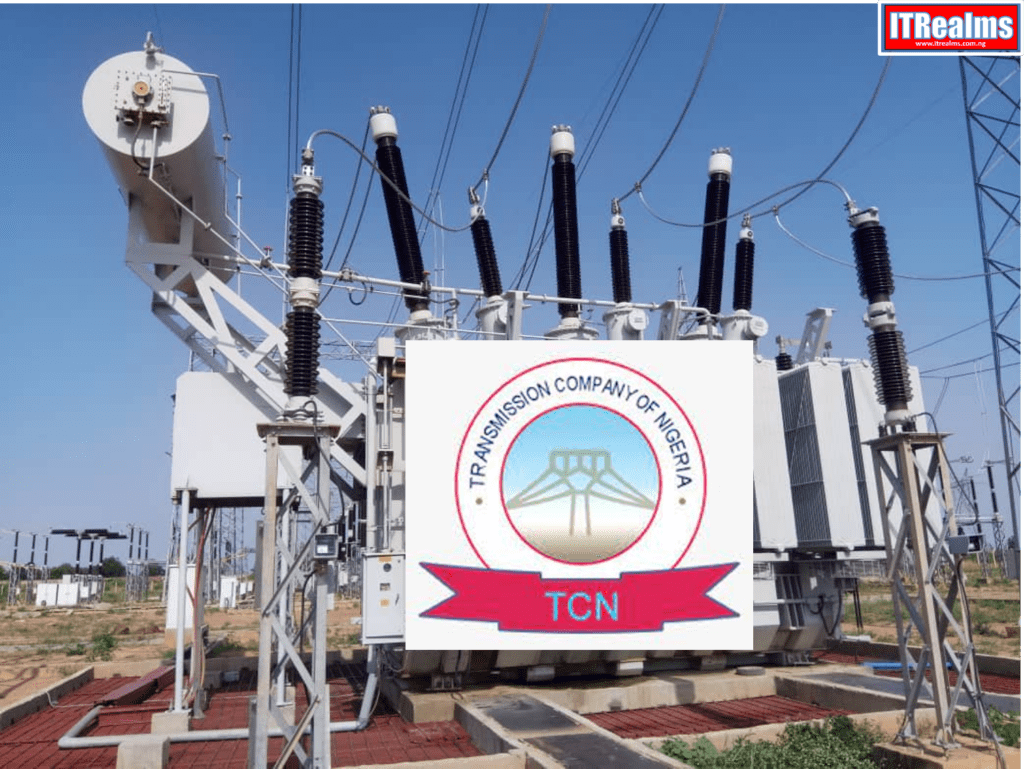In light of frequent power grid collapses and unreliability of power supply affecting Nigeria, the Transmission Company of Nigeria (TCN) has admitted the deployment of a $56 million Supervisory Control and Data Acquisition (SCADA) technology.
The SCADA, which is World Bank funded, is an advanced technology designed to automate and manage Nigeria’s power grid more effectively, improving grid stability, reducing outages, and increasing energy efficiency.
During a demonstration at the National Control Centre in Gwagwalada, Abuja, the Minister of Power, Chief Adebayo Adelabu, highlighted the significance of the SCADA system in revolutionising the management of the national grid.
Represented by the Acting Permanent Secretary, Engr. Emmanuel Nosike, Chief Adelabu noted that the system allows for real-time monitoring of grid performance.
According to Adelabu, “The SCADA system will enable us to monitor the entire electricity network from a centralised location, ensuring prompt responses to outages, efficient load management, and optimised system performance. With features like automated data collection, fault detection, and remote-controlled operations, we are laying the foundation for a more resilient and responsive power sector.”
He added, “This initiative aligns with our broader vision of achieving energy security and expanding access to electricity for all Nigerians, which is the primary objective of the Nigerian Electricity Transmission Access Project (NETAP). The introduction of SCADA is part of our strategic efforts to modernise power infrastructure and implement smart grid technologies.
“As we strive to provide reliable electricity, we are also creating an environment conducive to private sector investment, innovation, and development in the energy market.”
TCN Managing Director, Engr. Sule Abdulaziz, explained that the successful demonstration of the system is a result of years of effort and reflects the government’s commitment to ensuring reliable electricity supply.
He disclosed that the contract for the system was awarded in 2022 and includes the installation of 2,723 kilometres of optical ground wire along transmission routes. Repairs have also been carried out on approximately 2,500 kilometres of existing optical ground wire.
Abdulaziz noted, “The project has facilitated the manufacture and shipping of automation, telecommunication, control centre equipment, and other auxiliary equipment. Offshore training has also been provided for 135 technical staff on SCADA and telecommunications equipment operation and maintenance.”

